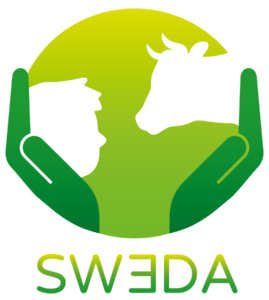In the framework of SWEDA project, the consortium approved having a joint event coupling the project meeting and the multiplier event in Latvia. In order to increase the impact of the SWEDA project, the project meeting was embedded within the International Conference Environmental and Climate Technologies (CONECT 2022) organized by the RTU Institute of Energy Systems and Environment as SWEDA multiplier event.
SWEDA Multiplier event within CONECT conference
On the 11th of May a dedicated panel session was proposed for the SWEDA project topics, emphasizing both bio- and circular-economy solutions within agro-farming and social farming sectors. A representative from the SWEDA was invited as keynote speaker, while students engaged within the framework of SWEDA presented specific study papers (see the final conference agenda).
Keynote speakers and students from SWEDA could share with a scientific audience the main findings of their research, partly included in the SWEDA teaching blended course.
The main speakers from the SWEDA project were:
• Dr. Thomas Van Elsen (Petrarca) with a keynote speech on the plenary session about “The concept of Social Farming and its impact on society and communities”, and a presentation about “Impact of Social Farming on development marginalized regions”;
• M.sc. Lena Franke (Petrarca) with a presentation about “Advisory structures to support the development of Social Farming”;
• M.sc. Lucio Cecchini (University of Perugia) with a presentation about “Feeding Management optimization in livestock farms with anaerobic digestion plant: a Discrete Stochastic Programming (DSP) model”.
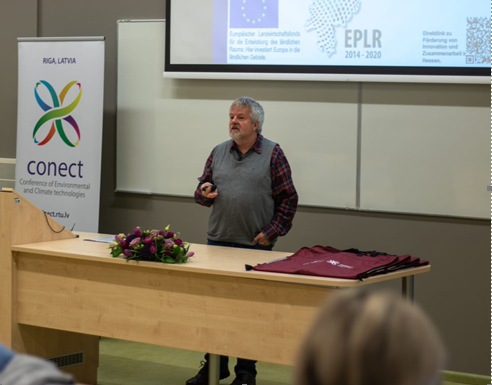
Fig. 1. Dr. Thomas Van Elsen making his keynote speech
Prof. Francesco Romagnoli (Riga Technical University) was the moderator of panel session 1 “Bioeconomy” to focus the discussion and questions on topics and aspects relevant to the well-being of the agricultural sector.
Moreover, the CONNECT conference, embedded in the international ME event of SWEDA project, was an opportunity to publish research papers as proceedings of the conference in the Journal of Environmental and Climate Technology. The journal is indexed in Scopus and Web of Science (https://ect-journals.rtu.lv/). Three papers were submitted to the journal:
- Lena Franke, Thomas van Elsen, Advisory structures to support the development of Social Farming;
- Thomas Van Elsen and Alexandra Retkowski, Impacts of Social Farming on developing marginalized regions;
- Lucio Cecchini, Daniela Pezzolla, Massimo Chiorri, Giovanni Gigliotti, Biancamaria Torquati, Feeding Management optimization in livestock farms with anaerobic digestion plant: a Discrete Stochastic Programming (DSP) model.
The ME event was an excellent opportunity to strengthen the cooperation among the SWEDA partners and disseminate the project results, creating an interface for networking, new ideas development and strategic planning beyond the project’s end.
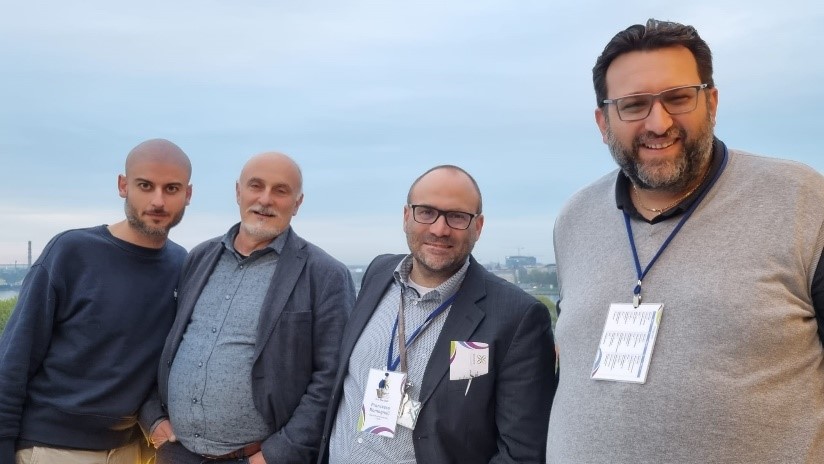
Fig. 2. SWEDA partners at the CONECT’s social dinner (from the left: Lucio Cecchini, Mariano Pauselli, Francesco Romagnoli, Altheo Valentini).
SWEDA project meeting
The project meeting was integrated with an excursion to local farms to bring practical added value to the partners. The project meeting and visits were organized in three days.
Wednesday 11th May was dedicated to the first part SWEDA project meeting with a focus on the IO3 as general discussion and clarifications on the expected outcomes.
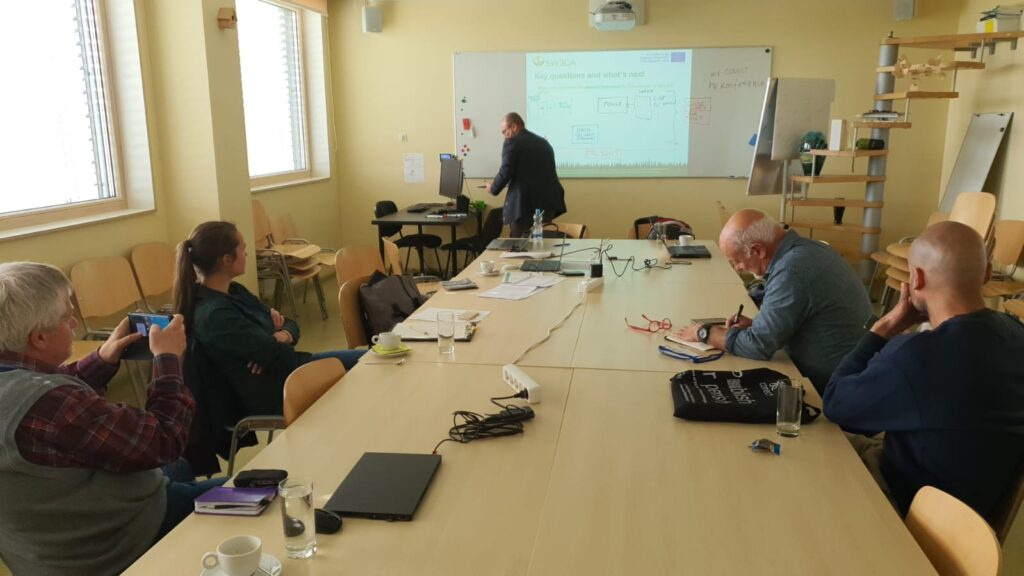
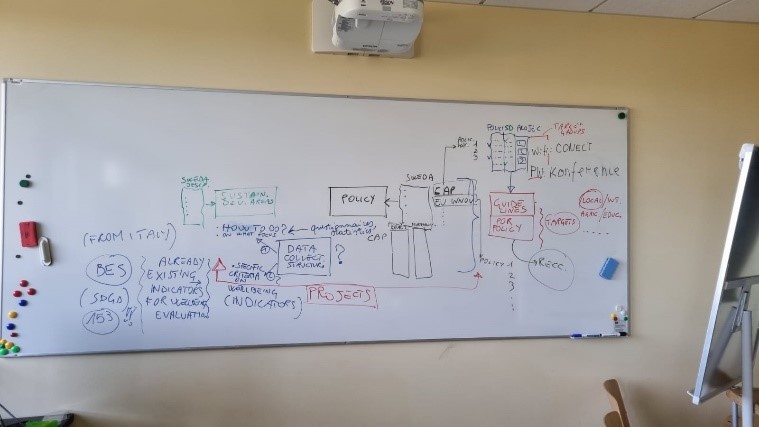
Fig. 3. On the right, project partners at work in Riga meeting (Thoman van Elsen, Lena Franke, Francesco Romagnoli, Mariano Pauselli, Lucio Cecchini).
On the left, the outputs from the brainstorming setting the guidelines for the development of a research framework for the collection of field data.
The discussion was useful in setting the guidelines about the definition of a research framework to pave the way to the final policy recommendations document for Sustainable Wellness in Rural Development. In addition, the discussion was essential to highlight the relevance of the student’s project within a bottom-up approach for policy recommendations.
Thursday 12th May was dedicated to the site visits. Specifically, the project partner could have a nice insight of Latvian farms visiting Krišjāņi farm. The Krišjāņi farm manages a total of about 700 hectares of land. In “Lobgale” (the place where it is located) SWEDA partner could have an insight into the management of about a hundred sheep.
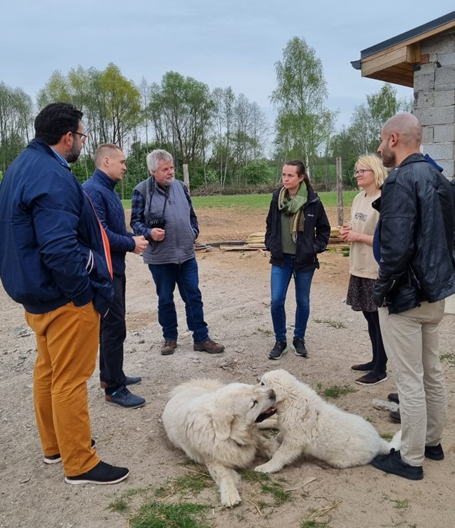 Fig. 4. SWEDA partners at Krišjāņi farm with the owner Iluta Straģe (Alltheo Valentini, Maksims Feofilovs, Thoman van Elsen, Lena Franke, Iluta Straģe, Francesco Romagnoli, Lucio Cecchini).
Fig. 4. SWEDA partners at Krišjāņi farm with the owner Iluta Straģe (Alltheo Valentini, Maksims Feofilovs, Thoman van Elsen, Lena Franke, Iluta Straģe, Francesco Romagnoli, Lucio Cecchini).
The farm has been breeding dairy cows and producing milk since 2006. Self-provided food for cattle and for 10 years has been preparing delicious fresh, smoked cheeses of about 16 varieties. In 2016, the owner Iluta Straģe, started breeding dairy sheep with the production of ice cream, yoghurt, and cheese made from sheep’s milk.
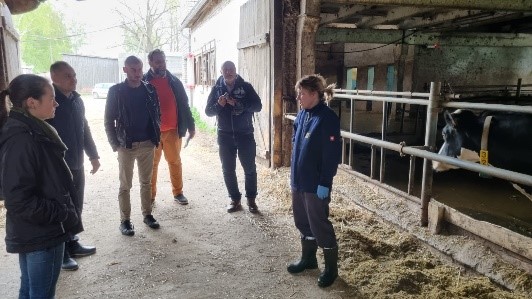
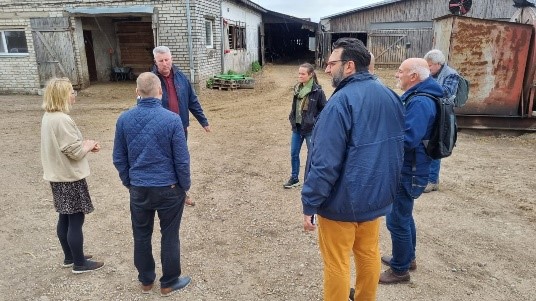
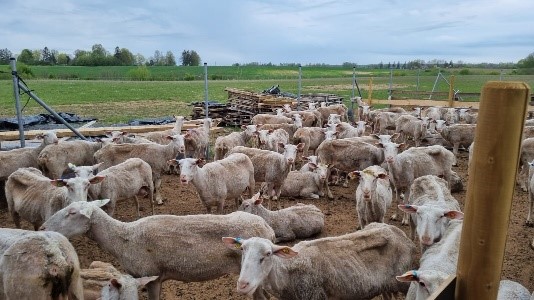
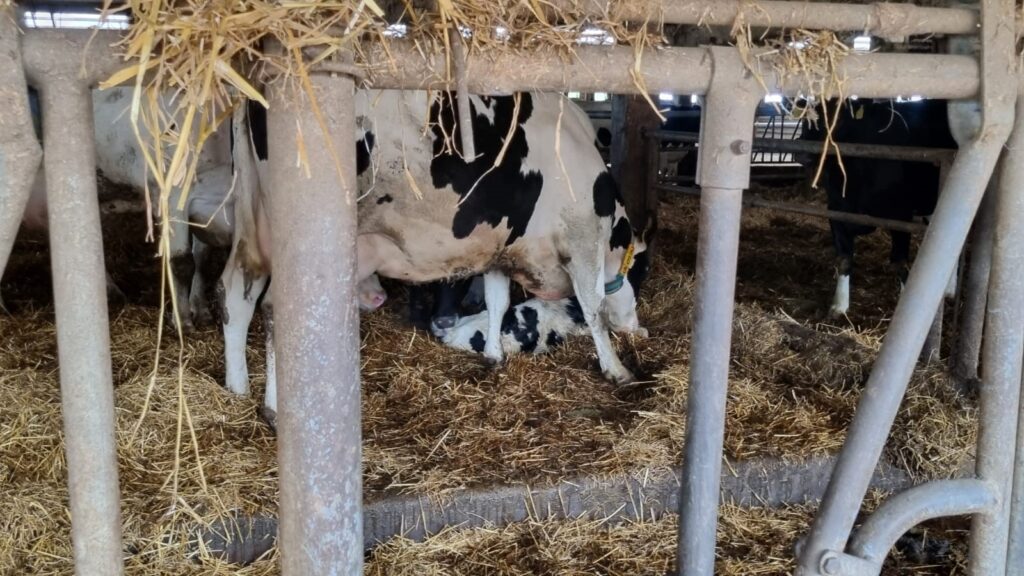
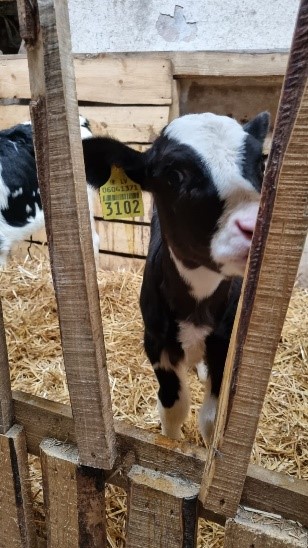
Fig. 4. Visiting Krišjāņi farm.
SWEDA partners could also have an excellent degustation of the Krišjāņi sheep’s farm products: cheeses, yoghurt and even ice cream. Thank you, Iluta, for your nice welcome and hosting.
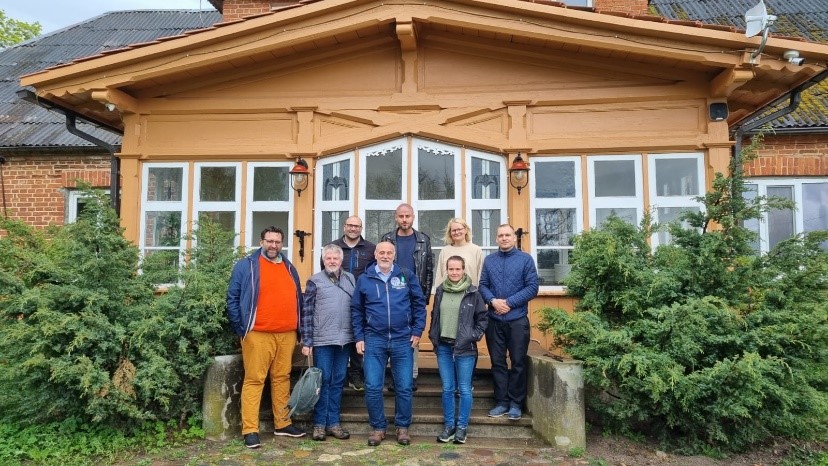
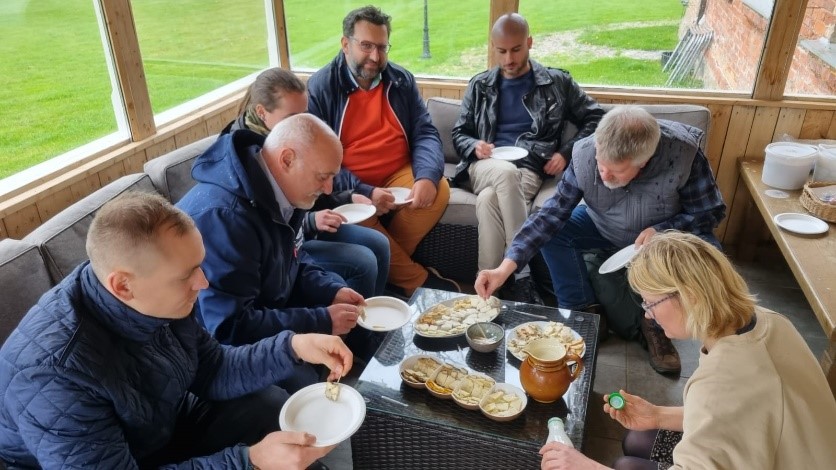
Fig. 5. Degistation at Iluta Straģe house Krišjāņi farm
The day ended with a visit to Rundāle Palace (Rundāle municipality), probably Latvia’s most outstanding baroque and rococo-style specimen. What a surprise for the SWEDA partner’s guests.
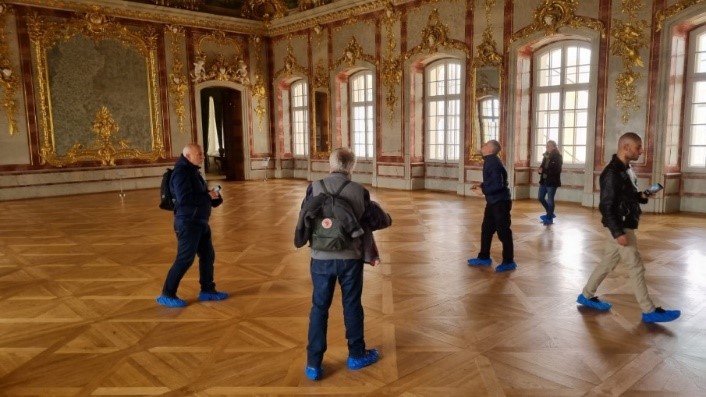
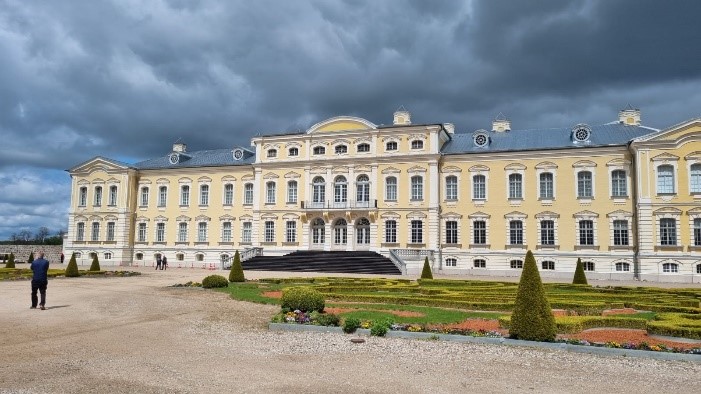
Fig. 6. Visising Rundāle Palace.
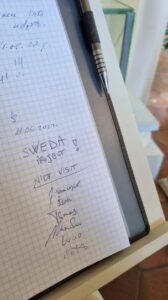
The morning of Friday 13th was still dedicated to project management activities. SWEDA partners evaluated strengths, weaknesses, criticalities, and improvement suggestions for the ongoing SWEDA blended course. The meeting was the occasion to present the agenda for the face-to-face event planned for June 18-24 in Latvia. Prof. Francesco overviewed the activities, scheduled visits and organizational aspects.
The day ended with a visit to the laboratories of the RTU Institute of Energy Systems and Environment.
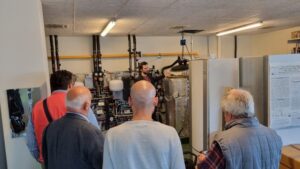
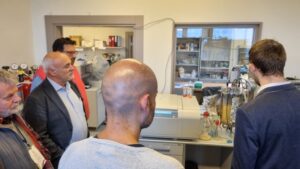
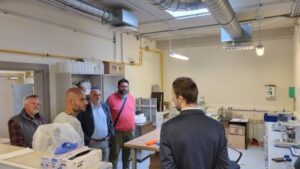
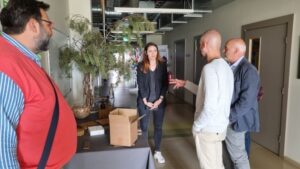
Fig. 7. Visiting RTU Institute of Energy Systems and Environment laboratories.
